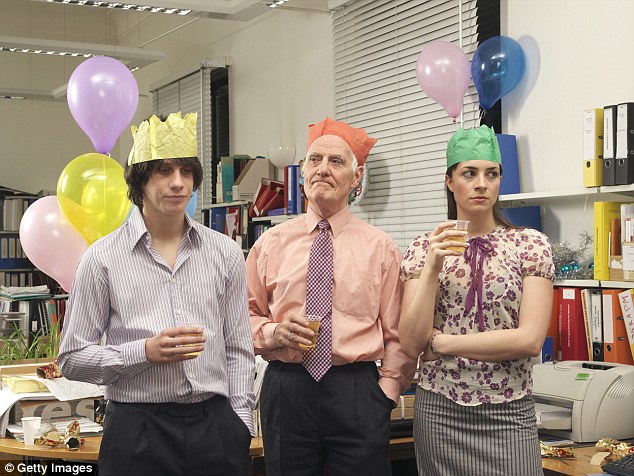It’s that time of year again and for many of us, that amounts to lots of festive cheer, socialisation and fun. However, for some people, the popping of champagne corks is not a sound of joy but rather a frightful cue to ‘exit stage right’.
Social phobia or social anxiety disorder is real. It affects roughly 10% of Australian’s with women representing the majority at a 3:2 ratio. It’s not just a feeling of shyness around new people or nervousness when speaking publicly. It’s a disorder that can majorly impact the way a person lives their life, which is why it is so important to face your social fears by enlisting professional help, to tackle these personal battles and start living life to its fullest.
People with social phobia, will often avoid social situations (such as Christmas parties) that can bring on feelings of anxiety. Unfortunately, this only exacerbates the problem, with the avoidance generally leading to social isolation, which can make symptoms worse. Symptoms are often physical, like, perspiration, trembling, blushing and nausea and can therefore make the person self-conscious and hyper-aware. The vicious cycle continues as the negative voice inside preaches his sermon and the situation becomes more intolerable. So, let’s stop right there before we convince ourselves that the Christmas party is definitely NOT a good idea and talk about some strategies for how to kick social fears to the curb.
Firstly, don’t believe everything you think. It’s the inner negative nelly that often leads to irrational thoughts and therefore avoidance behaviour. Learning how to recognise when the inner voice starts to talk negatively and finding ways to shut it down, will help you realise that the source of many of your fears, are irrational and not real.
Once you feel comfortable with the control you have on negative thoughts and irrational fears, gradually exposing yourself to social situations, as scary as it may seem, is helpful in the long run. Taking baby steps is the best way when undergoing what is called ‘exposure therapy’, a fancy term for facing your fears. If large social situations are your worst nightmare, starting with a smaller scale gathering, where you feel more comfortable and in control, is the right stepping stone to a bigger event.
Therapy for social phobia often involves physical techniques that help control symptoms of anxiety, like relaxation, breathing and repeating inner mantras. Understanding the reasons for social anxiety and how to control the bodies reaction to it, will help you feel more in control of yourself and the situation, and therefore psycho-education often forms a large part of therapy.
To learn more about anxiety visit this page, or to seek professional help from one of our clinical psychologists, visit the team page of our website.
